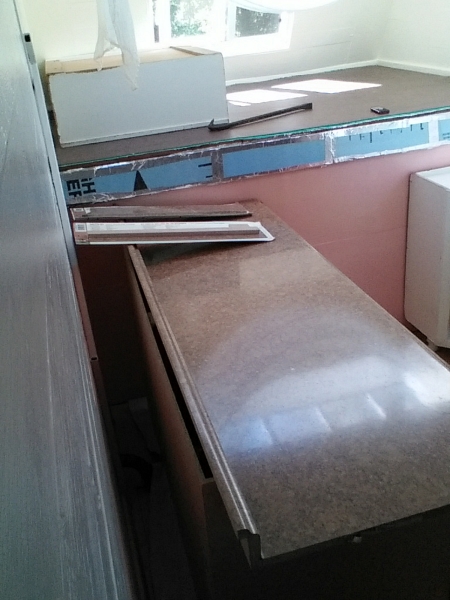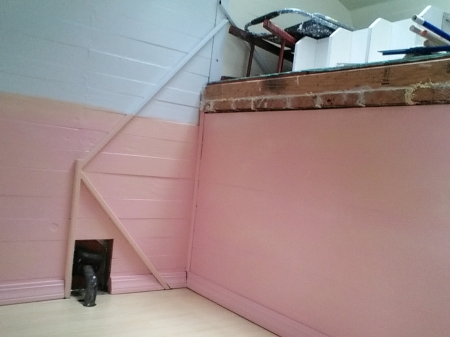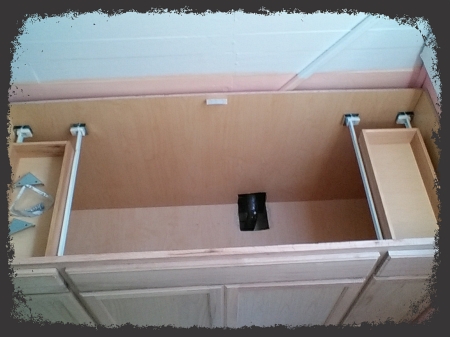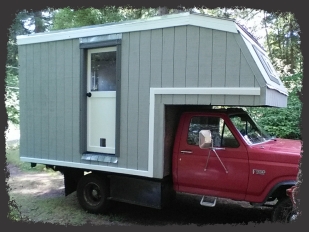coffeewitholiver
Active member
Hi all,
I've been on the fence about posting this question, as it might be asking too much. I have a fairly complete setup for solar (most wiring, the batteries, panels, charger, inverter, etc) and am being told I should be able to install it myself, but I don't know where to start and am hoping maybe some people here might enjoy helping me through the install. I can give very specific information with pictures if anyone IS willing to help me. I've spent hours reading up on solar installs but kinda want my hand held through it a bit, I guess.
Anyone out there have some extra time and a willingness to jump in this with me?
Thanks in advance for reading this and considering it. :
Parker
I've been on the fence about posting this question, as it might be asking too much. I have a fairly complete setup for solar (most wiring, the batteries, panels, charger, inverter, etc) and am being told I should be able to install it myself, but I don't know where to start and am hoping maybe some people here might enjoy helping me through the install. I can give very specific information with pictures if anyone IS willing to help me. I've spent hours reading up on solar installs but kinda want my hand held through it a bit, I guess.
Anyone out there have some extra time and a willingness to jump in this with me?
Thanks in advance for reading this and considering it. :
Parker








